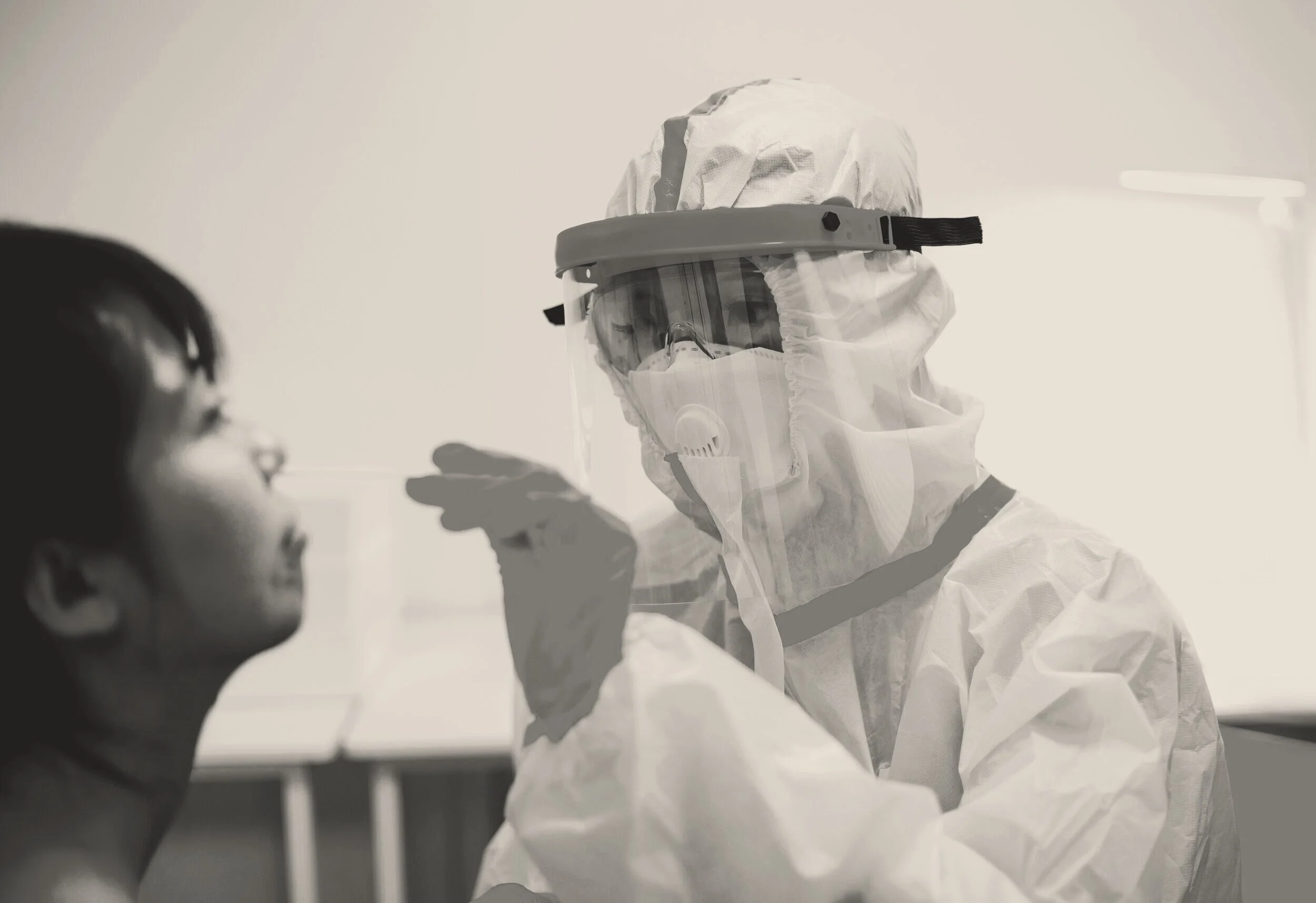
“We are small business owners. We are not big shots. Now the government tries to bail out big businesses, but I don’t see them trying to support us, medical practices and family doctors, who are essential to the community.”
— Henry Chen, MD, President of SOMOS
“We disregard race and ethnic background. We treat all patients equally. But we experience racism. It’s hard for us. That’s why we need our voices to be heard. We should fight against the virus, not people.”
— Dr. Ruliang Xu, SOMOS
“We are heroes. We tried our best to help our community and our city. People need to look at Asian Americans as essential workers during the time of this pandemic.”
— Dr. Ann Long, SOMOS
When the first case of COVID-19 was confirmed in New York City, our communities were on high alert. Our doctors and residents started to wear masks and keep social distancing earlier than the general public. We spoke to our colleagues in China and identified what was happening in our community very early. We were amongst the first people in the United States to recognize the severity of this pandemic.
We knew that our Chinese immigrant communities would be amongst the hardest hit by this crisis. Early on, we faced racism and were completely misunderstood. Government officials labeled this virus as the “Chinese Virus” or “Kung Flu”, which caused more racial profiling and attacks on the Chinese community. People accused us of bringing this virus to the United States. We felt as though we were under attack.
As immigrant doctors who chose this country, we decided that we would work on the frontlines of this pandemic. We started on day one and continue working to this very day.
Although our response was fast and we fought this virus aggressively in our communities, COVID-19 still claimed more than 2,000 lives within our Asian communities, not including some of the undocumented immigrants whose names never made it on the list.
Like many New Yorkers, we are living in fear; fear that we’ll lose our jobs, that we’ll lose our loved ones and that our families will become sick. For many people, those fears and nightmares have become a reality and even part of their daily routines.
I keep asking myself, “Why did the pandemic hit our communities most?” The answer is already in this book: Our people have barriers that limit their accessibility to medical information and resources. The resources we do have available are not offered in our language nor with respect to our cultures. Our economic status also prevents us from social distancing at home. These are just a few examples of the many healthcare challenges we face.
This crisis is a hard lesson for everyone in our community. How can we prevent the same tragedy from happening again? How can we save more lives?
First, it’s time for government leaders to work closely with the Chinese community and family doctors who are the first line of defense in a public health crisis that hits vulnerable communities – especially those in immigrant communities who are typically isolated by culture, language, poverty, and customs.
Second, telemedicine should be more accessible for more patients and physicians. We set up at-home emergency rooms via telemedicine to save patients’ lives during the pandemic. With more development, resources, and support, medical services like this could be accessible to all and more effective.
Third, we must continue working together to educate our people. With the proper educational materials distributed in the appropriate languages, we can translate this moment for our community.
There is a saying in Chinese: “亡羊补牢未为晚也。” “It is not too late to mend the fence even after some of the sheep have been lost.”
We have lost too many lives in this pandemic, but it’s not too late for us to work together to protect the future of our city for everyone.
– Henry Chen, MD, President of SOMOS
“In New York City, there’s a large Chinese population. They are low-income families and live in poor conditions. Homes are crowded and small. When one person gets infected, it easily spreads to the whole family. The virus doesn’t discriminate, it affects all people. But, this is a moment when discrimination against the Chinese community has been heightened and yet we are working on the frontlines to save everyone.”
— Dr. Cong He, SOMOS





